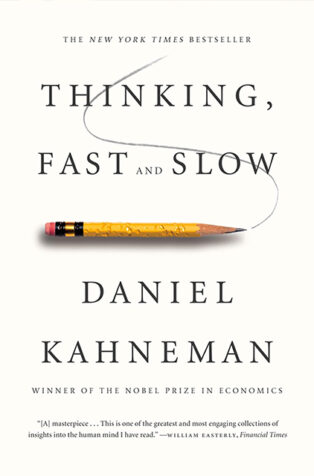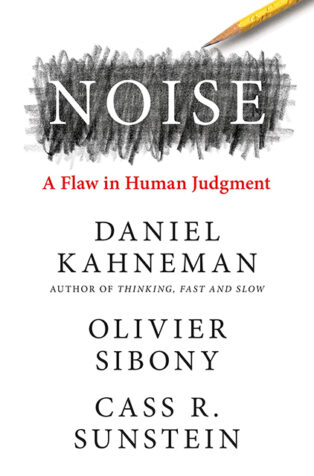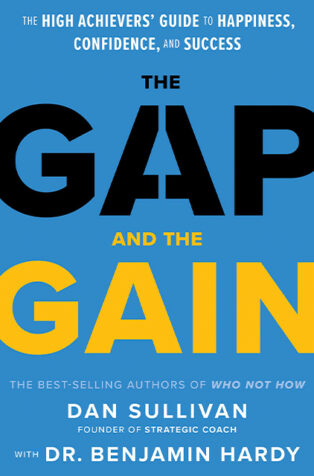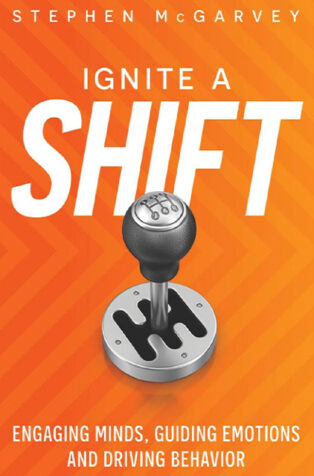Unlock this Executive Book Summary® now for FREE!
Already a Summary.com member? Sign in.


 8min reading time
/
12min listening time
8min reading time
/
12min listening time
For the better part of the 20th century, behavioral psychologists attribute most human actions to the simple fact that we are essentially ignorant of ourselves. While these radical, revolutionary aspects of Freud and others have been molded in a different direction, the ramifications of their work linger to this day. What if the reason we act irrationally in some situations and more cogent in others is due to a more dualistic nature of thought? In Thinking, Fast and Slow, Daniel Kahneman and others subscribing to his (and his longtime professional colleague, Amos Tversky’s) viewpoint of there being two systems of thought: fast, and slow, one is rather intuitive while the other is slow, basking in effort, and deliberate. When we understand our thought processes on a more intimate level, then, we will be able to “improve the ability to identify and understand errors of judgment and choice, in others and eventually in ourselves.”
 Noise
Daniel Kahneman,
Olivier Sibony,
Cass R. Sunstein
Noise
Daniel Kahneman,
Olivier Sibony,
Cass R. Sunstein
 Fred 2.0
Mark Sanborn
Fred 2.0
Mark Sanborn
 Mastering Business Negotiation
Alexander Hiam,
Roy Lewicki
Mastering Business Negotiation
Alexander Hiam,
Roy Lewicki
 The Gap and the Gain
Dan Sullivan,
Benjamin Hardy
The Gap and the Gain
Dan Sullivan,
Benjamin Hardy
 Influencer
Ron McMillan,
Al Switzler,
Kerry Patterson,
David Maxfield,
Joseph Grenny
Influencer
Ron McMillan,
Al Switzler,
Kerry Patterson,
David Maxfield,
Joseph Grenny
 Ignite a Shift
Stephen McGarvey
Ignite a Shift
Stephen McGarvey
After naming your new bookshelf you'll be able to assign products to it from the menu on any product page.
Please verify your email address by clicking the link sent to .
If you don’t see the email in a few minutes, please check your “spam” folder.
Already a Summary.com member? Sign in.
Your current subscription plan does not include videos. Please upgrade your plan to Premier to access videos.
Your current subscription plan only includes book summaries. Please upgrade your plan to Professional or Premier to view this product.
Your current subscription plan does not include audio. Please upgrade your plan to Professional or Premier to listen to summaries.
You don’t have an active subscription. You can compare all of our plans here.